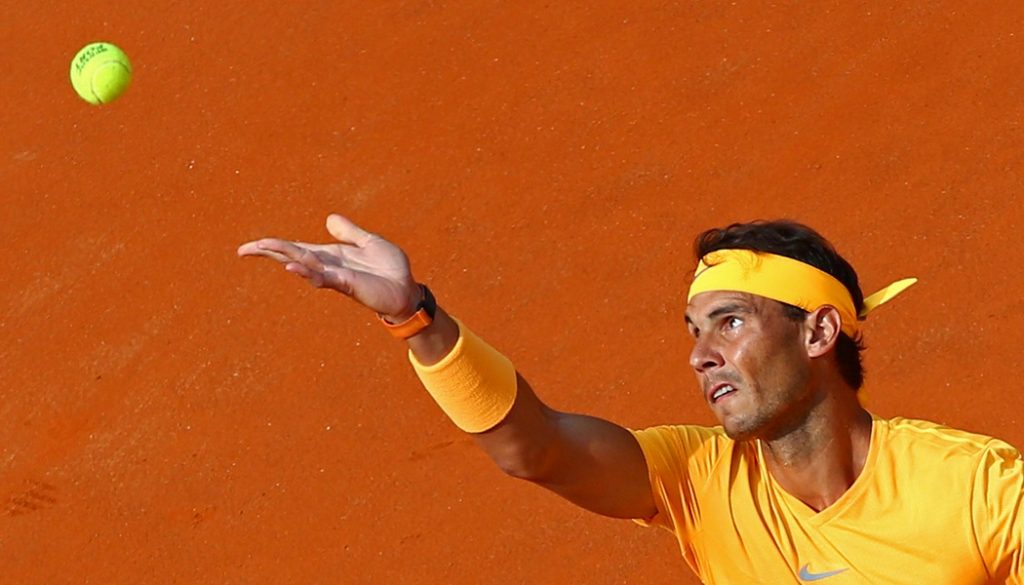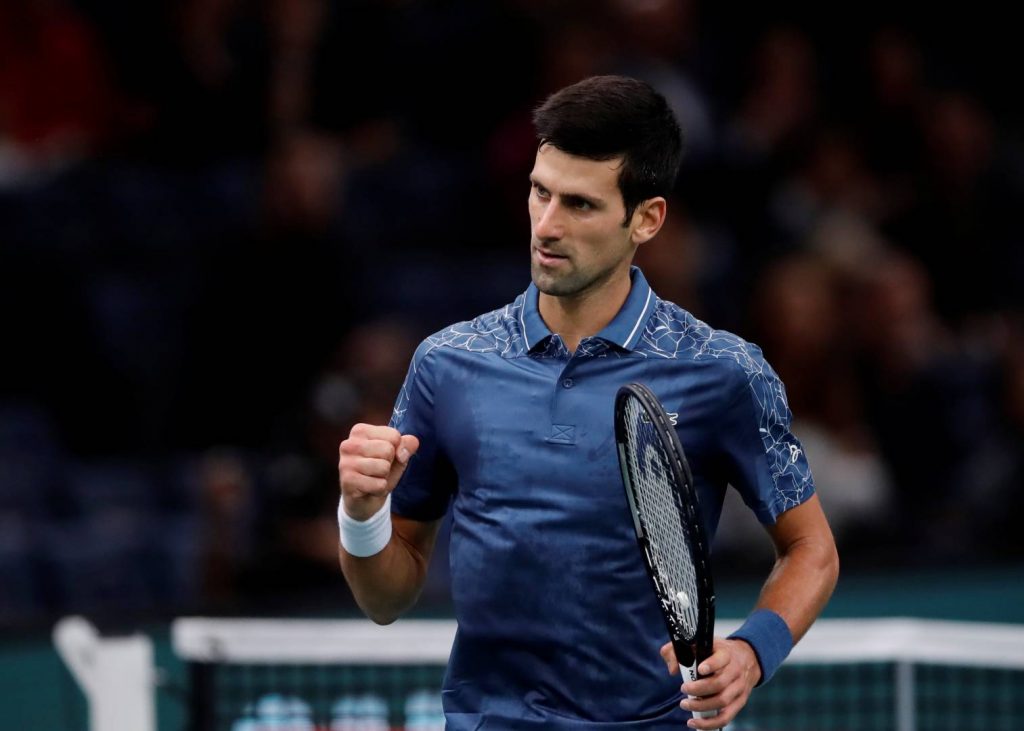The Current Djokovic Controversy Heralds New Era Of Player Responsibility
January 6, 2022
The ongoing Novak Djokovic controversy surrounding his entry into and supposed deportation from Australia ahead of the upcoming Australian Open showcases the new expectations of player responsibility in modern times, says Michael Pirrie.
While Omicron is already cancelling or postponing new year staples such as the Grammys, the Australian Open tennis grand slam, the first sporting major of 2022, is still on schedule despite the overnight detention ahead of possible deportation of Novak Djokovic, the star draw and world number one.
Djokovic’s dilemma stems from his refusal to get vaccinated and follows a day of almost unprecedented drama in sport.
The quarantining of the tennis star in an inner city Melbourne hotel comes after his visa was turned down by Australian border control officials.
“Djokovic’s last minute dash from Dubai to secure his place in tennis history has collided with Australia’s deep egalitarian streak.”
While Djokovic believed he had a valid medical exemption to enter the country it is believed his visa was declined due to a lack of sufficient evidence to support the application.
Djokovic’s last minute dash from Dubai to secure his place in tennis history has collided with Australia’s deep egalitarian streak, where even sporting royalty comes a distant second to the interests and safety of citizens and wider community.
The player’s plans to compete on a medical exemption were the tipping point. While governments and public health authorities across Australia have persuaded and pushed high vaccination rates, Djokovic has become a cause celebre for the anti vaccination movement.
His opposition to vaccination has frustrated many who see vaccines as an essential measure that save lives. Unvaccinated people are more likely to get COVID and up to 10 times more likely to spread it, according to medical authorities.
“While President of Serbia Aleksandar Vucic accused Australian authorities of harassing his country’s biggest sports star, Djokovic’s father said people would gather in the streets to defend his son.”
The rejection of the Serbian superstar’s visa generated global attention.
While President of Serbia Aleksandar Vucic accused Australian authorities of harassing his country’s biggest sports star, Djokovic’s father said people would gather in the streets to defend his son.
Australia’s rugby passionate fan Prime Minister, Scott Morrison, spoke warmly of his country’s relations with Serbia and defended Australia’s right to protect its boarders and citizens against the virus and unvaccinated travellers.
“Any individual seeking to enter Australia must comply with our border requirements,” Mr Morrison said.
The Australian Prime Minister said if Djokovic could not provide the necessary information for a medical exemption he would not be permitted to say in the country.
“..he won’t be treated any different to anyone else and he’ll be on the next plane home. There should be no special rules for Novak Djokovic at all. None whatsoever,” said Mr Morrison.
Prime Minister Morrison played a key role in the final presentations to the IOC in Tokyo last year to help secure the Olympic and Paralympic Games for the city of Brisbane.
Djokovic’s decision to fight the visa denial underlines the importance of the Australian Open in his quest to win a record 21 grand slam titles.
The Australian Open is Djokovic’s favourite slam surface having won the tournament nine times, and provides him with the best opportunity to beat arch rivals Rafael Nadal and Roger Federer to 21 titles.
The Djokovic drama moved rapidly throughout the day as the main court in question became not a tennis one, but the court of appeal, after the court of public and player opinion shifted against his controversial views on vaccinations.

A division also emerged between Djokovic and his hard line opposition to vaccinations and other players in Australia for the grand slam event.
Spain’s Rafael Nadal, also seeking a record 21st title in Melbourne, said vaccines were appropriate in pandemic conditions because ”the world has been suffering enough to not follow the rules.”
“The only thing I can say is I believe in what the people who know about medicine says, and if those people say that we need to get vaccinated , we need to get the vaccines,” Nadal said,
While most players in Australia for the event have complied with vaccine requirements, some were sceptical about Djokovic’s exemption.
“I think if it was me that wasn’t vaccinated, I wouldn’t be getting an exemption,” said British former doubles world number one Jamie Murray.
“Whether this will become a greater issue for players going forward will rely on whether other nations opt to implement similar rules in the future.”
The Djokovic controversy marks a flashpoint for major sport in the evolving pandemic as governments contemplate new strategies to combat anti-vaccine movements that experts believe threaten public safety.
While the Australian Open is the first event of its kind to require vaccinations, other governments are understood to be considering similar mandates in order to reduce the risk of major events from becoming infection super spreaders. Djokovic has been permitted to remain in Australia until his appeal is completed on Monday.
New York’s mandate of requiring vaccination for indoor arenas has meant unvaccinated NBA superstar Kyrie Irving has not played for his franchise at home all season, but has this week appeared for the first time in away fixtures.
Whether this will become a greater issue for players going forward will rely on whether other nations opt to implement similar rules in the future. As we have seen with the pandemic, nothing is predictable.
Michael Pirrie is an Olympic adviser and international events communications consultant and commentator.



